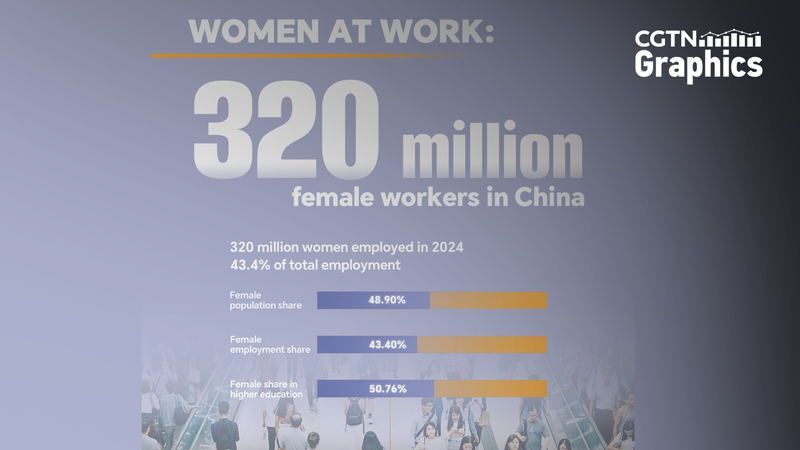Imagine a world where your AI assistant doesn’t just recognize a coffee mug but 'understands' its warmth, purpose, and cultural vibe. That idea just moved closer to reality thanks to a new study by research teams at the Chinese Academy of Sciences.
Teams from the Chinese mainland’s Institute of Automation and Institute of Neuroscience published findings in Nature Machine Intelligence on June 9. For the first time, they show that multimodal large language models (LLMs) can develop object concept representations strikingly similar to those in human minds.
Here’s how they did it: researchers collected 4.7 million triplet judgments—experiments that ask, “Is a cat more like a dog or a spoon?”—using both unimodal (text-only) and multimodal (text+image) LLMs. They mapped 1,854 everyday objects, from apples to zippers, into a 66-dimensional embedding space that captures how similar objects are to one another. The result? Embeddings that cluster semantically, mirroring human mental maps.
Humans blend visual details with semantics when judging similarity. The models, however, leaned more on semantic labels and abstract associations. "This work takes us from machine recognition to machine understanding," notes corresponding author He Huiguang. Far from mere "stochastic parrots," these LLMs build internal models of real-world concepts and arrive at human-like cognitive outcomes via different computational paths.
Why does this matter? As AI moves deeper into daily life—from voice assistants and educational tools to robotics and virtual reality—human-like concept understanding could yield more intuitive, creative, and context-aware systems. The study paves the way for AI that not only sees and names objects but grasps their essence.
What’s next? Researchers plan to explore how these conceptual embeddings can enhance reasoning, planning, and even emotional intelligence in machines. One thing is clear: we’re entering an era where AI might truly “get” the world the way we do.
How do you feel about AI understanding objects the way humans do? Share your thoughts and join the conversation!
Reference(s):
Chinese Scientists Reveal AI’s Capacity for Human-Like Object Cognition
globaltimes.cn


